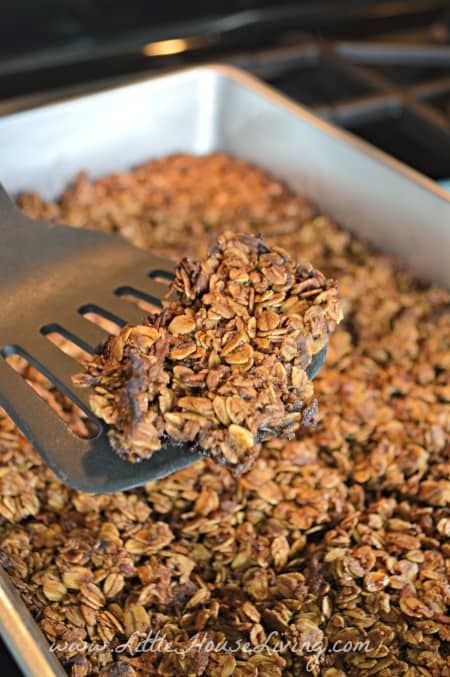Treats for Horses: Healthy or Harmful?
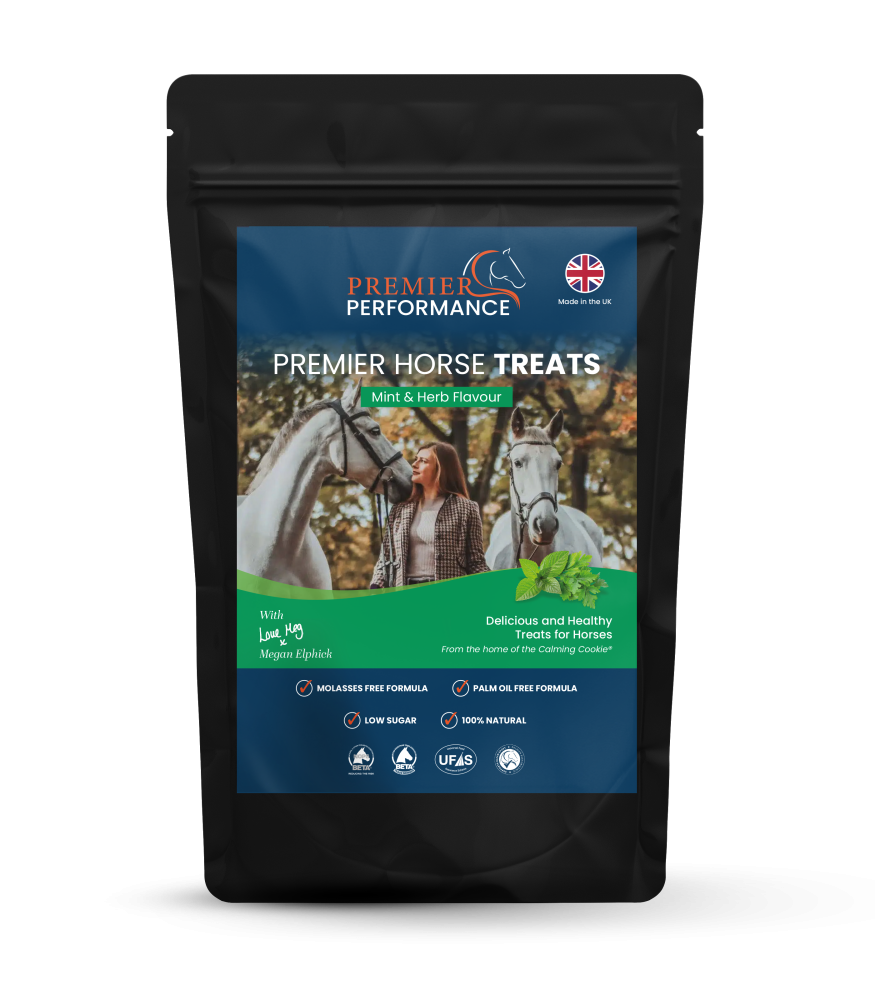
When it comes to rewarding our equine friends, treats can be a wonderful way to show affection and reinforce good behavior. However, not all treats are created equal, and understanding which ones are beneficial or potentially harmful is crucial for maintaining your horse’s health.
Why Treats Matter
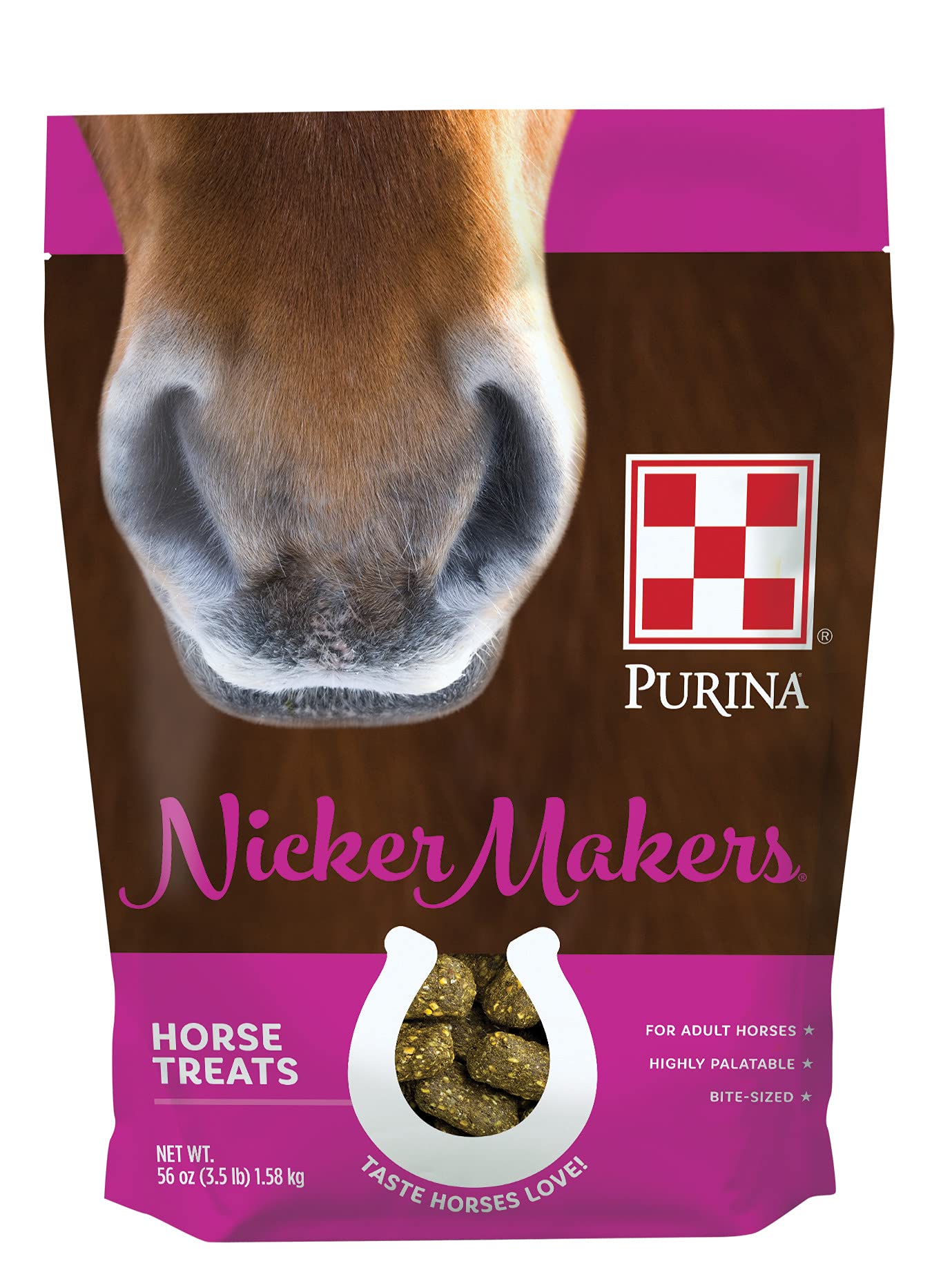
Treats can serve multiple purposes:
- Positive reinforcement during training
- Bonding between horse and owner
- Supplementing diet with vitamins or minerals
However, overfeeding or giving inappropriate treats can lead to health issues such as obesity, colic, or dental problems.
Common Types of Horse Treats
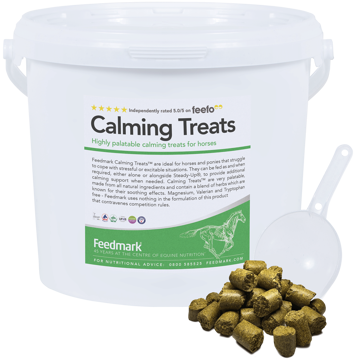
| Treat Type | Description | Health Impact |
|---|---|---|
| Carrots | Sweet, crunchy root vegetable | Generally healthy, high in sugar, feed in moderation |
| Apples | Sweet fruit, hydrating | Healthy but sugary, remove seeds before feeding |
| Commercial Treats | Specially formulated horse snacks | Varies by brand; check ingredients for additives |
| Sugar Cubes | Traditional sweet treat | High sugar content, use sparingly |
| Peppermints | Mint-flavored treats | Can freshen breath, but often contain sugar |
Healthy Treat Options
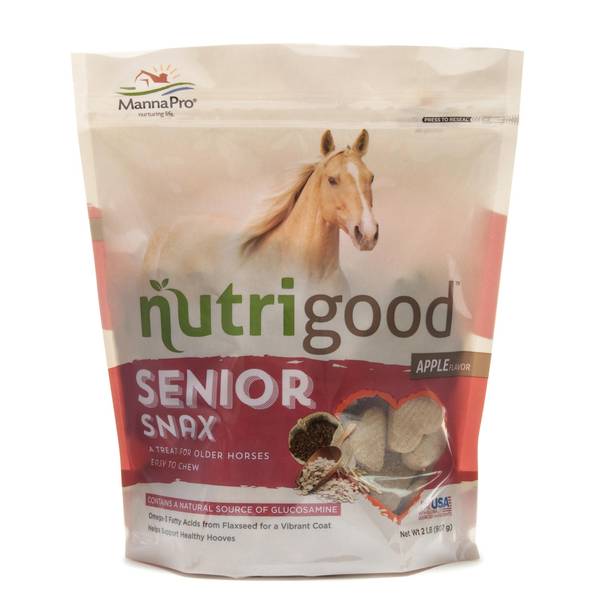
- Fresh fruits and vegetables (carrots, apples, bananas)
- Commercial treats with natural ingredients
- Homemade treats using oats, molasses, and flaxseed
Treats to Avoid
- Chocolate or candy (toxic to horses)
- Bread and processed human foods
- Anything moldy or spoiled
How to Safely Give Treats
- Limit quantity to avoid digestive upset
- Introduce new treats gradually
- Always supervise feeding to prevent choking
FAQ
Q: Can horses eat bananas?
A: Yes, bananas are safe in small amounts and can be a tasty treat.
Q: How often should I give my horse treats?
A: Treats should be given sparingly, ideally as a reward during training rather than a daily snack.
Q: Are sugar cubes bad for horses?
A: Sugar cubes are high in sugar and should be given only occasionally to avoid health issues.
Q: What are signs of a treat-related health problem?
A: Look for signs like colic, diarrhea, or changes in behavior after feeding treats.
Conclusion
Treats can be a healthy and enjoyable part of your horse’s routine if chosen wisely and given in moderation. Always prioritize natural, low-sugar options and consult your veterinarian if unsure about any treat’s safety.
This detailed guide aims to help horse owners make informed decisions about treats, balancing enjoyment with health.
